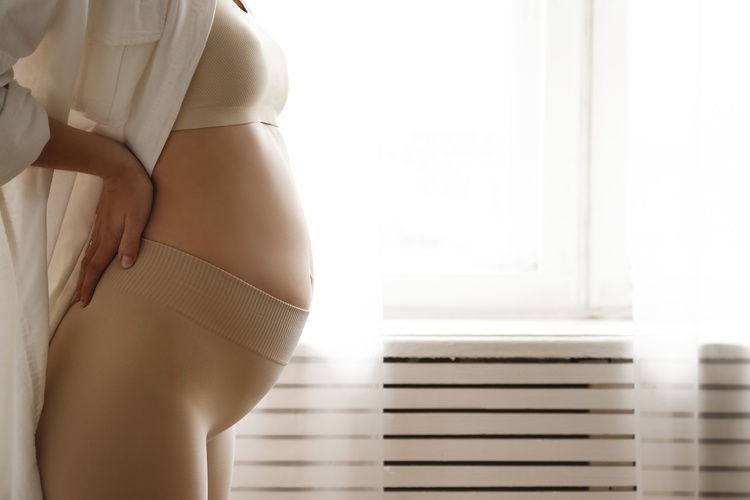Wondering what changes to expect between your first and second trimester? Read on for a quick overview of these six months!
Determining the exact date of conception is often tricky, so your first trimester is considered to have begun before you fell pregnant! We count it from the first day of your last period. Three months later, the second trimester begins and lasts for the next three months.
So, what’s the difference between these two stages of pregnancy?
Some women can go for half their first trimester without knowing they are pregnant! It can take several weeks for pregnancy symptoms to begin, so you may not realize until you take a test or you’ve missed a period.
Nausea or morning sickness is a very typical first-trimester symptom, though not everyone experiences it. If you do experience nausea, you can look forward to a high chance that this symptom will die down in the second trimester. While this is different for everyone and cannot be guaranteed, the second trimester is often referred to as the “feel good trimester” when the more challenging symptoms or feelings of discomfort die down for a little while.
You will likely begin to show in the second trimester! While some women notice a small bump in the first trimester, and some don’t see much growth until the third trimester, the second trimester is a common time for your baby bump to pop up. As your skin stretches with this growth, you might experience some itchiness. If you are itchy for a while, let your doctor know. They can help with suggestions of safe calming lotions and help make sure nothing else is going on.
It is a personal choice when you decide to share the news of your pregnancy. Many parents-to-be opt to wait until the first trimester is over, as this is after you have had your 12-week scan to check how the baby is developing. This means that often the first trimester is a more private time of excitement, and the second trimester is time to extend your happy news to your loved ones – though when you share your news is entirely up to you.
Your hormones will be changing throughout your entire pregnancy. This may lead to experiences of intense emotions – good and bad. It is normal to have lots of feelings over the course of your pregnancy. If you are struggling with feelings of overwhelm or anxiety, consider letting a trusted person know and have a chat with your doctor or health professional.
If you have any questions about your body or mood changes through these trimesters, remember your health professionals are here to help! Whether you're attending an antenatal appointment with your GP, OBGYN, or consulting with your midwife or doula, you can always ask them about any changes you’ve noticed.



